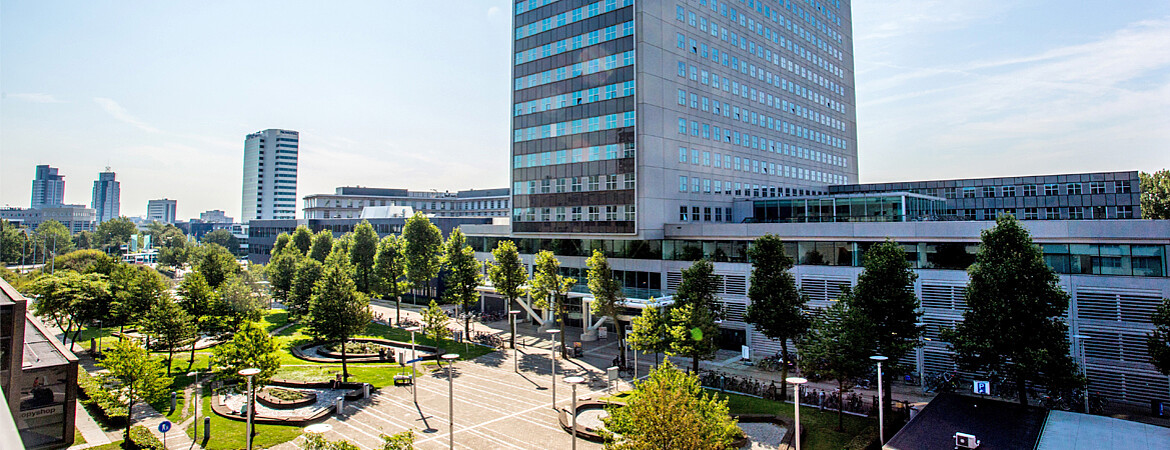D. (Denver) Berman-Jacob

PhD Track Firm-level response to Industry Diminution An Institution-Based View of the Clothing Manufacturing Industry in South Africa
Clothing and textile manufacturing has traditionally been seen as a key economic growth driver for
low-income countries. This is due to relatively low setup costs, the ability to employ large numbers of
people and as well as provide economic access through a sustainable income. Although the South
African clothing manufacturing industry is well established, the sector has been in a steady state of
decline since 1995. Incoherent government policies, cheap imports and high input costs has seen the
industry, which was once one of the largest employers within the manufacturing sector, struggle for
survival.
As opposed to its sustainability being in question, the South African industry should be a global
competitor, especially with preferential market access to both the USA and Europe (the two largest
clothing importers). This combined with mass unemployment, low skill level requirements, available
investment funding, developed infrastructure and a reliable logistical network, South Africa is primed to
be a global competitor. The question is why this is not the case.
The aim of this qualitative case study is to examine firm-level strategies employed by executives at
privately owned companies in the decline phase of the clothing manufacturing industry in South Africa.
Using institution-based view theory as the theoretical lens for the research, the objective of this
grounded theory quantitative case study is to advance the institution-based theory research agenda by
exploring the strategic decision-making process of executives at privately held, small-to-medium sized
firms, in emerging economies, where for contextual reasons their industries are in decline.
Through a qualitative case study, the research aims to assess firm behaviour by looking at 3 overriding
themes which has presented itself consistently in previous research on the South African clothing
production industry:
1. The decline of the South African clothing manufacturing industry
The purpose of the study is to examine the constraining or transformative effect of institutions on the
clothing and apparel industry in South Africa and to understand how firms respond strategically.
2. Policy endogeny
The purpose of the study is to examine firm-level behaviour in response to industrial policy in the South
African clothing sector since the dawn of democracy and the role firm play in the development and
setting of new policy.
3. Industry informalisation and the institutionalisation of the second economy
The purpose of the study is to examine strategic choices made by clothing production firms in response
to industry informalisation and the development of a second economy underpinned by a complex
labour market, where historical factors, wage imbalance, political influence and labour unions play an
industry transforming role.
- Time frame
- 2019 -
Address
Burgemeester Oudlaan 50
3062 PA Rotterdam
Postbus 1738
3000 DR Rotterdam
Netherlands





